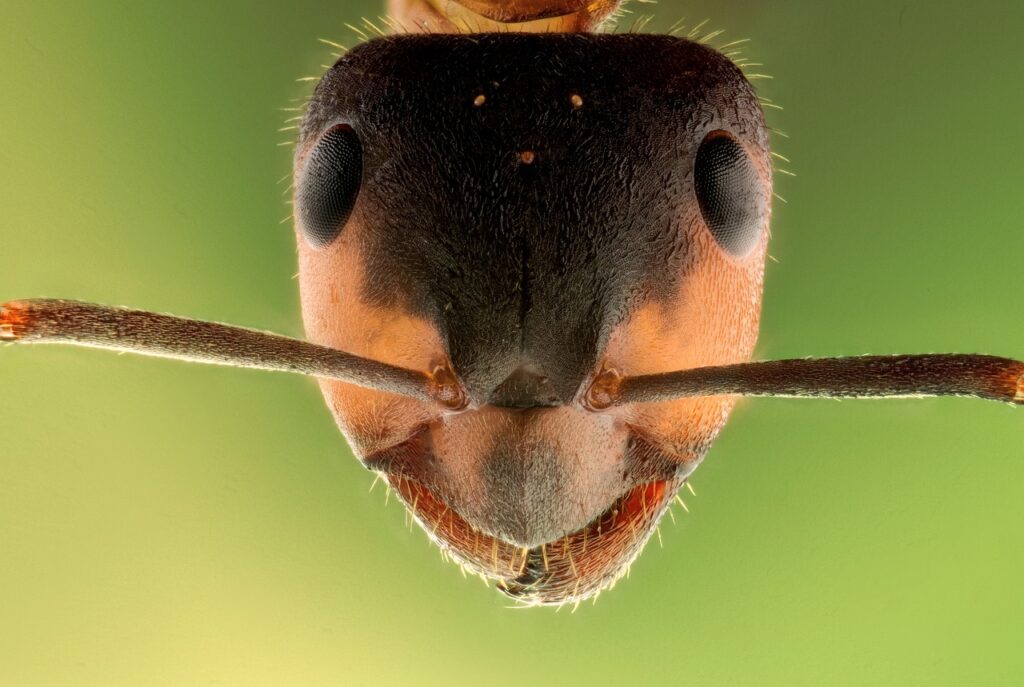
Updated April 15, 2025
Ants are some of the most persistent household pests, and dealing with them can feel like a never-ending battle. While they might seem harmless at first, ants can contaminate food, damage wooden structures, and quickly form massive colonies if left unchecked.
Luckily, you can use natural ant repellents to keep these unwanted visitors away. But what smells do ants hate? In this guide, we’ll dive into what smells ants hate and how to use these scents to your advantage. For all your ant removal needs, contact Banner Pest Services today.
What Smells Do Ants Hate?
Before diving into the specific scents ants hate, it’s essential to understand why ants invade our homes in the first place. Ants are attracted to food sources, particularly sweet and greasy items.
They also need water to survive, so damp areas in your home may also attract them. You can effectively keep ants away from your living spaces by eliminating these attractants and incorporating the natural repellents discussed below.
1. Do Ants Hate Vinegar?

One of the top scents that ants hate is vinegar. Not only is vinegar a potent ant repellent, but it also serves as a natural cleaning agent that can eliminate the scent trails ants use to navigate.
To repel ants with vinegar, mix equal parts water and white vinegar in a spray bottle. Wipe down your kitchen counters, floors, and any other surfaces where you have noticed ant activity. Keep in mind that the vinegar smell will fade over time, so you may need to reapply the solution regularly for continuous ant control.
2. Thyme: A Herbaceous Ant Deterrent

Thyme, a popular herb used in cooking, is also an effective ant repellent. Ants head the other way when they smell the strong scent of thyme, while the plant itself attracts beneficial pollinators such as bees. Consider growing thyme in your garden or even indoors as part of a window herb garden to keep ants at bay.
There are several varieties of thyme that you can use to deter ants. Lemon thyme is particularly effective, as it combines the ant-repellent properties of both thyme and citrus. Other varieties, like common thyme and creeping thyme, can also help keep ants away from your home and garden.
3. Chalk and Baby Powder: Disrupting Ant Scent Trails

Another unusual but effective ant repellent is chalk or baby powder. Both contain calcium carbonate, which interferes with ants’ scent trails, making it difficult for them to find their way. Plus, the texture of both is unappealing to ants, making ants less likely to cross a chalk line.
To use chalk or baby powder as an ant deterrent, simply draw thick lines near known ant entry points in your home. Keep in mind that this method may need to be refreshed regularly, as the chalk or powder can be easily disturbed or blown away.
4. Do Ants Hate Citrus?

Citrus peels from oranges, lemons, and grapefruits can be used to deter ants from entering your home. The strong citrus scent is not only unpleasant for ants but also helps mask the smell of food that might otherwise attract them.
To use citrus peels as an ant repellent, simply leave pieces of the peel near entryways or other areas where ants have been spotted. You can also make an ant citrus spray by combining the peels with water. As an added bonus, citrus peels can also help repel other pests, such as mosquitoes and flies.
5. Does Peppermint Oil Repel Ants?

Peppermint oil is another powerful ant repellent that can help keep your home ant-free. Peppermint oil’s potent, minty scent is unpleasant for ants and other insects, making it an effective deterrent. Plus, peppermint oil contains compounds like menthol, which are toxic to many insects.
To create and use a peppermint oil ant repellent, mix a few drops of the essential oil with water in a spray bottle and apply it to areas where ants have been observed. Alternatively, you can soak cotton balls in peppermint oil and place them near ant entry points.
6. Do Ants Hate Lavender?
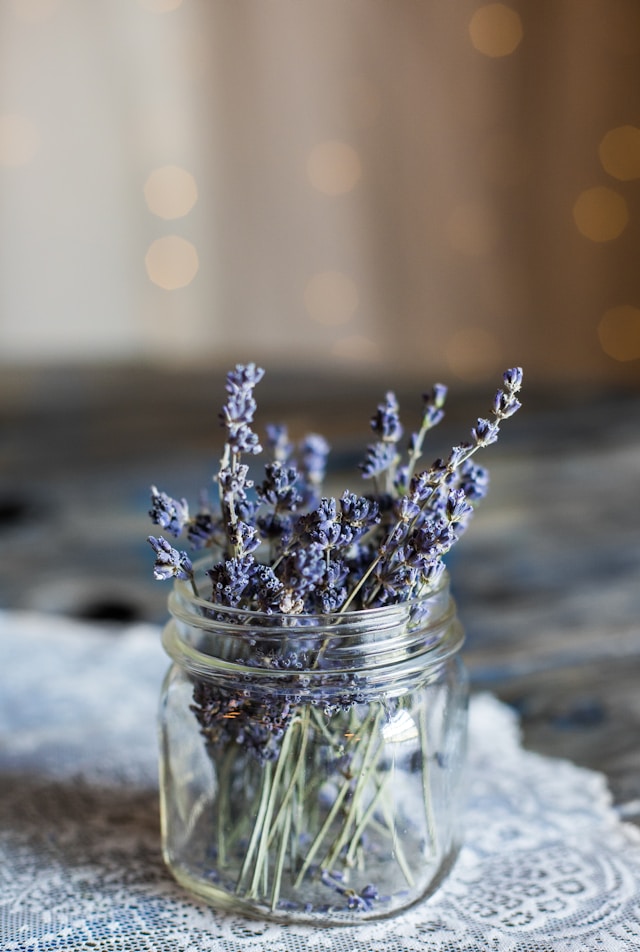
Lavender is not only a beautiful and fragrant addition to your garden or flower bed, but it also has natural insect-repelling properties. Many gardeners plant lavender near their vegetable gardens or other plants to protect them from ant invasions.
You can use lavender in several ways to repel ants. Planting lavender near your home’s foundation or around your garden can also help keep ants at bay. Try using lavender essential oil to create a spray or sachets to place near entry points in your home.
7. Lemongrass Essential Oil: Confusing Ants’ Senses
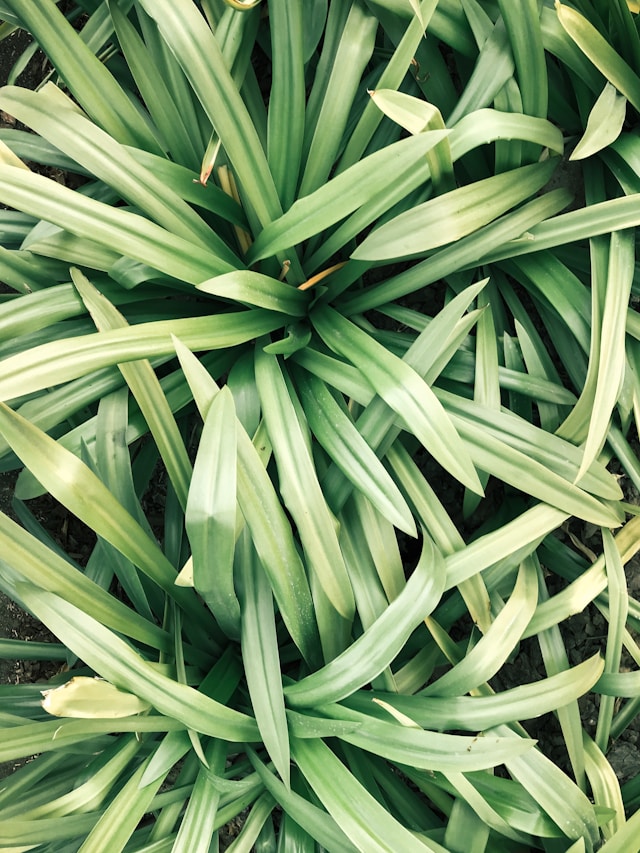
Lemongrass essential oil is a powerful natural ant repellent that disrupts ants’ ability to detect food. Its strong, citrusy aroma overwhelms their scent receptors, throwing off their chemical trails and making it harder for them to navigate.
To keep ants away, mix a few drops of lemongrass oil with water in a spray bottle and apply it to entry points, windowsills, and other areas where ants are active. You can also soak cotton balls in lemongrass oil and place them near doorways, cracks, or other potential entry spots for extra protection.
8. Chrysanthemum: Nature’s Pesticide
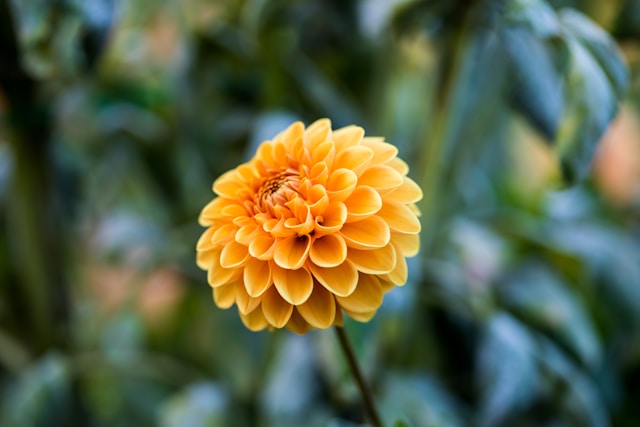
Chrysanthemums are not only beautiful flowers but also effective deterrents for a variety of insects, including ants. These plants contain pyrethrins, natural insecticides that can help kill and repel ants.
To use chrysanthemums as an ant repellent, plant them in your garden or near your home’s foundation to create a barrier that ants will not want to cross. You can also use chrysanthemum-based insecticides to treat ant-infested areas.
9. Does Coffee Repel Ants?

While the smell of coffee might be delightful to many people, ants certainly do not share the same sentiment.
To use coffee grounds as an ant repellent, simply sprinkle used coffee grounds around the outside of your house, garden, or any other location where ants are a problem. As a bonus, coffee grounds are also beneficial for many plants, providing them with essential nutrients.
10. Can Cayenne and Black Pepper Send Ants Away?

When it comes to what smells do ants hate, pepper is near the top of the list. Both cayenne and black pepper are effective ant deterrents due to their strong, spicy scents. These spices irritate ants’ scent receptors, causing them to avoid areas treated with pepper.
To use pepper as an ant repellent, simply sprinkle a line of either cayenne or black pepper near ant entry points or create a pepper and water solution to spray in problem areas. Keep in mind that pepper may need to be reapplied after rain or as the scent fades.
11. Tea Tree Oil: A Potent Ant Repellent
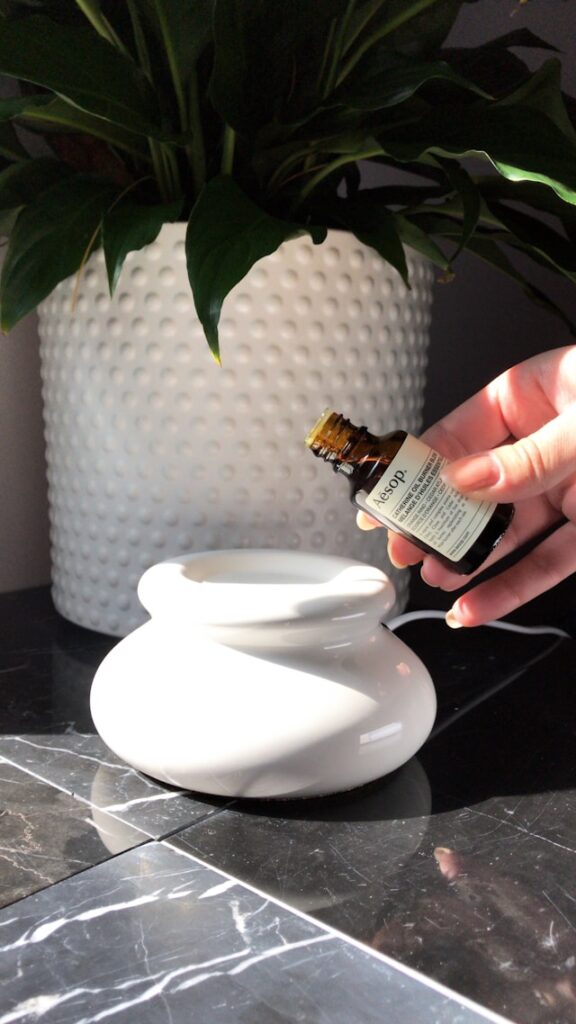
Tea tree oil is yet another essential oil that can effectively repel ants. The powerful fragrance of tea tree oil is unpleasant for ants, making it a valuable addition to your ant control arsenal.
To use tea tree oil as an ant repellent, mix 5-10 drops of the essential oil with 2 cups of water in a clean plastic spray bottle. Apply the mixture to areas where ants have been observed, or soak cotton balls in tea tree oil and place them in problem areas.
12. Cinnamon: A Spicy Ant Deterrent
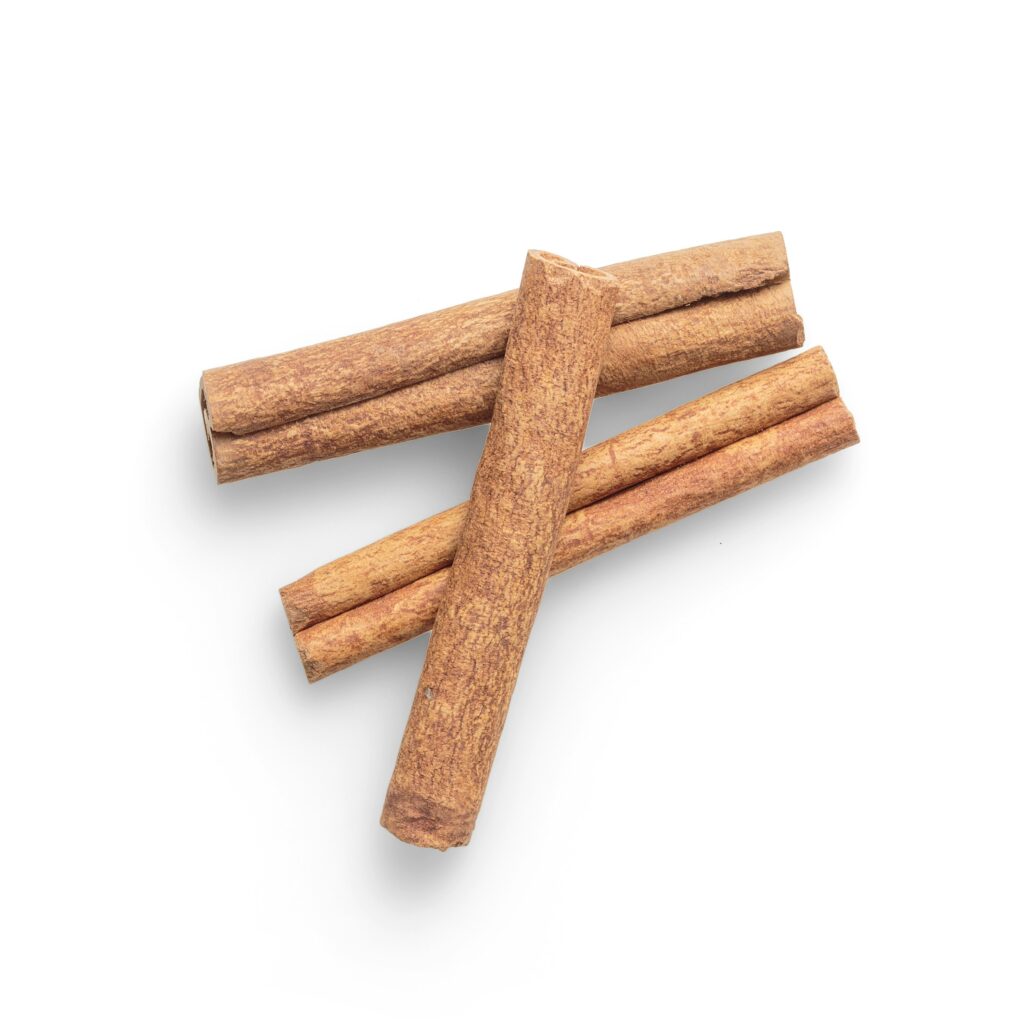
Ants are not fans of the delicious scent of cinnamon. Ground cinnamon, cinnamon essential oil, and cinnamon sticks can all be used as effective ant repellents. In fact, ground cinnamon can even suffocate ants by clogging the spiracles they use to breathe.
To use cinnamon as an ant deterrent, simply sprinkle ground cinnamon near ant entry points or create a cinnamon and water solution to spray in problem areas. You can also place cinnamon sticks strategically around your home to ward off ants.
Keep Ants at Bay with Natural Repellents
Now that you know what smells ants hate, you can use these natural repellents to keep your home and garden ant-free. Remember to eliminate food sources that attract ants, clean regularly, and use scents like vinegar, thyme, and peppermint oil to deter these pesky insects from invading your living spaces.
For all your ant removal needs, contact Banner Pest Services today!


